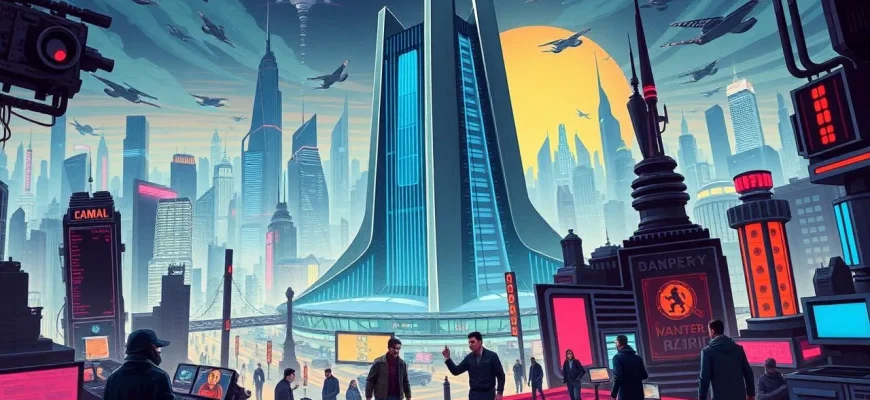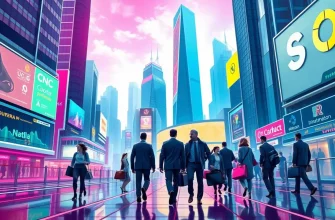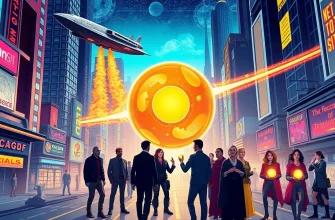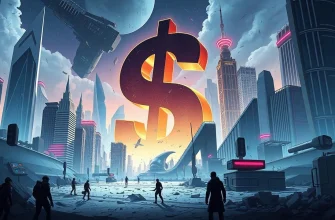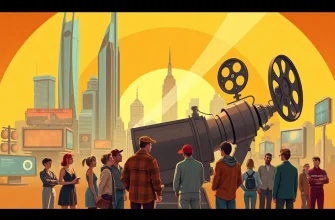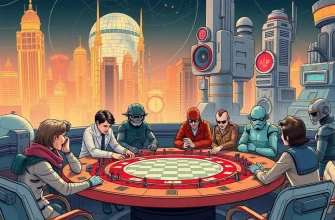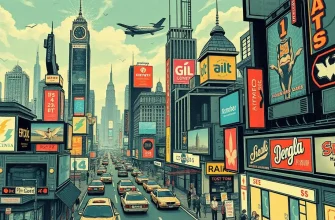In the realm of science fiction, the concept of business empires often takes on a life of its own, blending corporate intrigue with futuristic settings to create compelling narratives. This curated list of 10 films delves into the world of corporate power, exploring themes of ambition, control, and the ethical dilemmas that arise when business meets technology. Whether you're a fan of dystopian futures or tales of corporate espionage, these films offer a thrilling look at what might happen when companies hold the keys to the future.
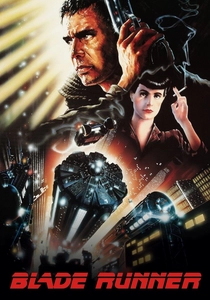
Blade Runner (1982)
Description: In a dystopian Los Angeles, the Tyrell Corporation creates replicants, exploring themes of corporate control over life and identity.
Fact: The film's famous "Tears in Rain" monologue was improvised by actor Rutger Hauer.
 Watch Now
Watch Now
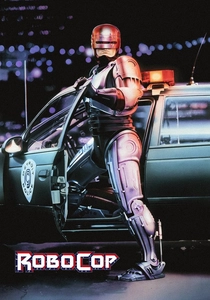
Robocop (1987)
Description: A classic tale of corporate greed and control, where a police officer is turned into a cyborg by a mega-corporation, Omni Consumer Products, to serve their interests.
Fact: The original script was much darker and more satirical, but was toned down for a broader audience.
 Watch Now
Watch Now
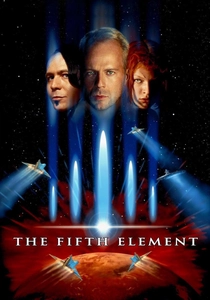
The Fifth Element (1997)
Description: While primarily an action-adventure, the film features a futuristic society where corporations like Zorg Industries wield immense power, reflecting themes of business empires.
Fact: The film's costume designer, Jean-Paul Gaultier, created over 900 costumes for the movie.
 Watch Now
Watch Now

Gattaca (1997)
Description: In a future where genetic engineering determines one's social status, this film explores the business of human perfection and the corporate control over human destiny.
Fact: The film's title is derived from the four nitrogenous bases of DNA: guanine, adenine, thymine, and cytosine.
 Watch Now
Watch Now

The Matrix (1999)
Description: While not explicitly about business empires, the film's world is controlled by machines that use humans as a power source, essentially creating a dystopian corporate structure.
Fact: The film's "bullet time" effect, where time appears to slow down, was groundbreaking and has since been widely imitated.
 Watch Now
Watch Now

The Island (2005)
Description: In a seemingly utopian facility, clones are raised to serve as organ donors for their wealthy sponsors, showcasing the commodification of life by corporate entities.
Fact: The film was inspired by the 1979 film "Parts: The Clonus Horror," which had a similar premise.
 Watch Now
Watch Now

Elysium (2013)
Description: Set in the 22nd century, this film portrays a stark divide between the rich living on a luxurious space station and the poor on an overpopulated Earth, highlighting the power dynamics of a corporate-controlled future.
Fact: The film's director, Neill Blomkamp, also directed "District 9," which shares similar themes of social inequality.
 Watch Now
Watch Now
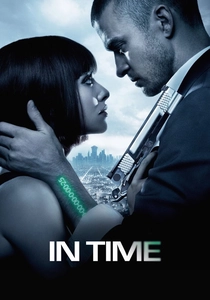
In Time (2011)
Description: In a world where time is currency, the rich live forever while the poor must beg for each minute. This film explores the ultimate business empire where time is the ultimate commodity.
Fact: The film's concept of time as money was inspired by the idea of "time banking," where people exchange services for time credits.
 Watch Now
Watch Now

Brazil (1985)
Description: This dark comedy-drama depicts a dystopian future where bureaucracy and corporate control have gone mad, offering a satirical look at business empires.
Fact: The film's ending was famously changed by Universal Pictures, leading to director Terry Gilliam releasing his own cut.
 30 Days Free
30 Days Free
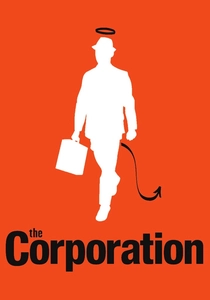
The Corporation (2003)
Description: This documentary-style film examines the concept of the corporation as a legal "person" and explores its impact on society, making it a fitting addition to our list of business empire films.
Fact: The film features interviews with numerous experts, including Noam Chomsky and Naomi Klein, and was nominated for an Academy Award for Best Documentary Feature.
 30 Days Free
30 Days Free

